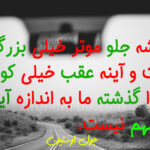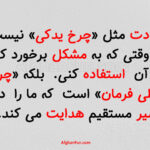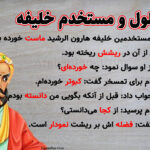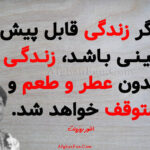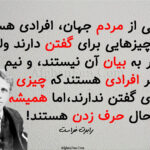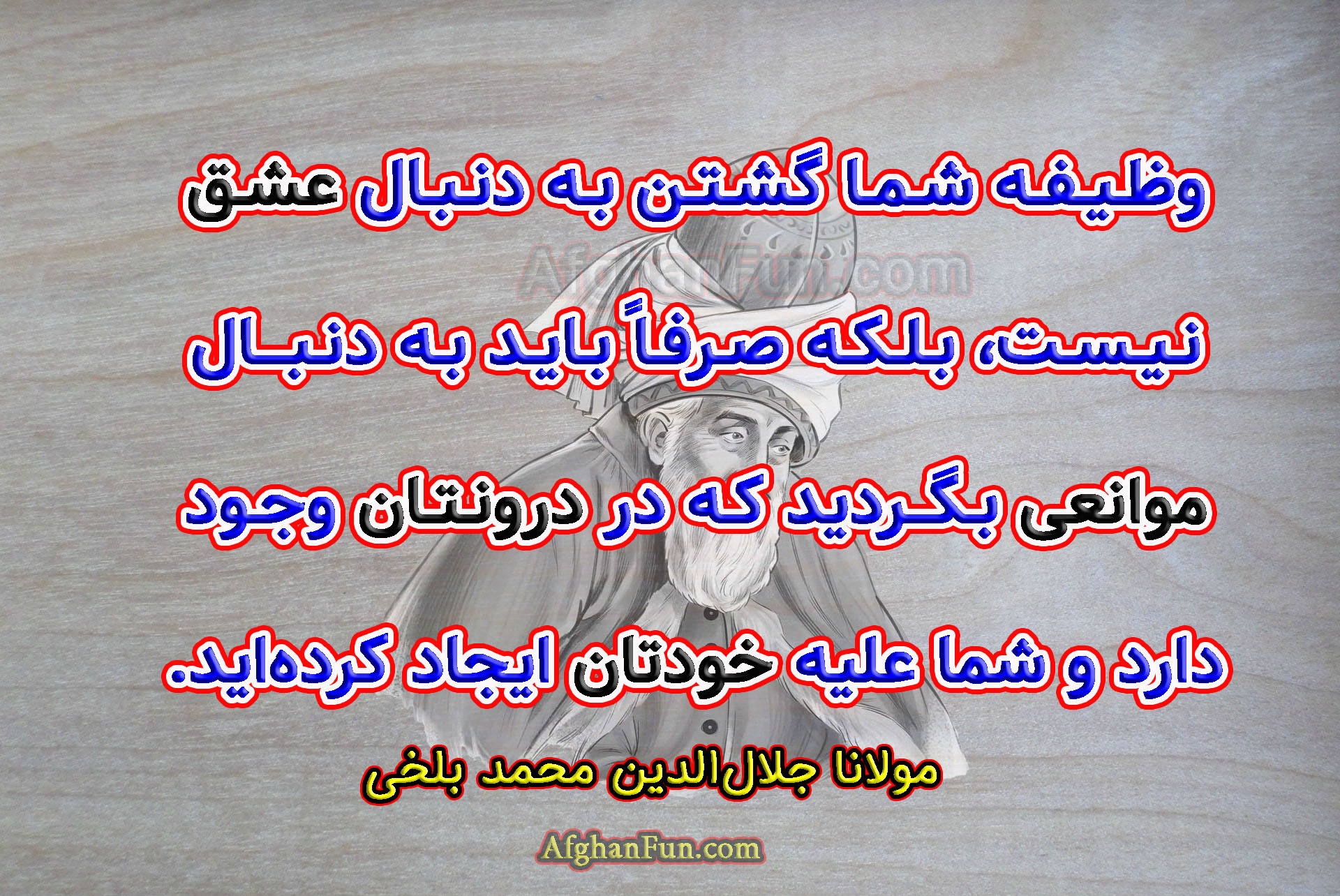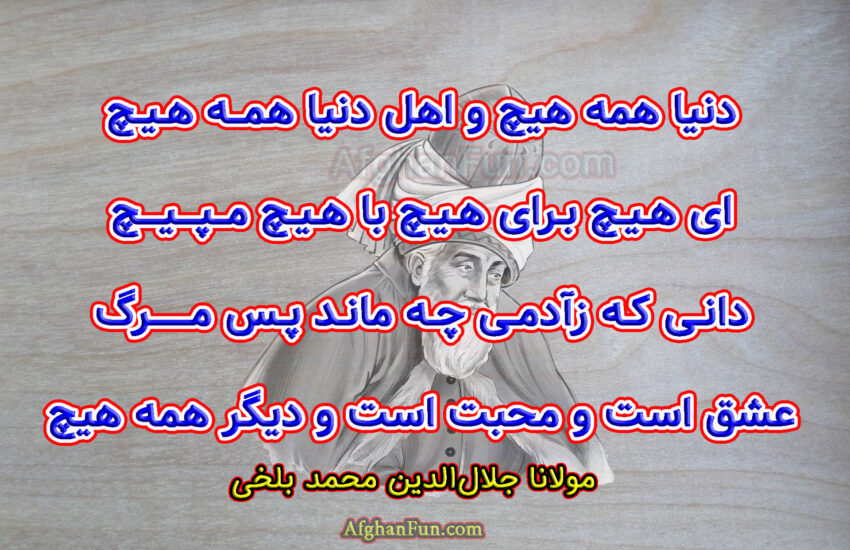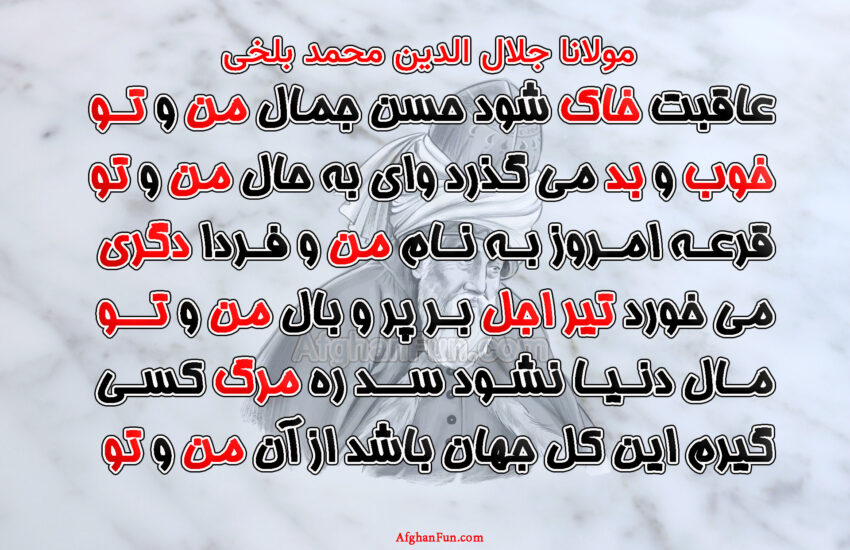Your task is not to seek for love, but merely to seek and find all the barriers within yourself that you have built against it.
Jalāl ad-Dīn Muhammad Balkhī
رهایی عشق؛ مولانا
«وظیفه شما گشتن به دنبال عشق نیست، بلکه صرفا باید به دنبال موانعی بگردید که در درونتان وجود دارد و شما علیه خودتان ایجاد کردهاید.»
مولانا جلال الدین محمد بلخی
Раҳоӣ ишқ؛ Мавлоно
МАВЛОНО ҶАЛОЛУДДИН МУҲАММАДИ БАЛХӢ
Bазифаи шумо гаштан ба дунболи ишқ нест, балки сирфан бояд ба дунболи мавонеъӣ бигардед ки дар дарунитон вуҷӯд дораду шумо алайҳи худитон эиҷод карда ид.
Jalāl ad-Dīn Muhammad Rūmī (Persian: جلالالدین محمد رومی), also known as Jalāl ad-Dīn Muhammad Balkhī (جلالالدین محمد بلخى), Mevlânâ/Mawlānā (مولانا, “our master”), Mevlevî/Mawlawī (مولوی, “my master”), and more popularly simply as Rumi (30 September 1207 – 17 December 1273), was a 13th-century Persian poet, Hanafi faqih, Islamic scholar, Maturidi theologian, and Sufi mystic originally from Greater Khorasan in (Today Afghanistan). Rumi’s influence transcends national borders and ethnic divisions: Iranians, Tajiks, Turks, Greeks, Pashtuns, other Central Asian Muslims, and the Muslims of the Indian subcontinent have greatly appreciated his spiritual legacy for the past seven centuries. His poems have been widely translated into many of the world’s languages and transposed into various formats. Rumi has been described as the “most popular poet” and the “best selling poet” in the United States.
Rumi’s works are written mostly in Persian, but occasionally he also used Turkish, Arabic, and Greek in his verse. His Masnavi (Mathnawi), composed in Konya, is considered one of the greatest poems of the Persian language. His works are widely read today in their original language across Greater Iran and the Persian-speaking world. Translations of his works are very popular, most notably in Turkey, Azerbaijan, the United States, and South Asia. His poetry has influenced not only Persian literature, but also the literary traditions of the Ottoman Turkish, Chagatai, Urdu, Bengali and Pashto languages.
